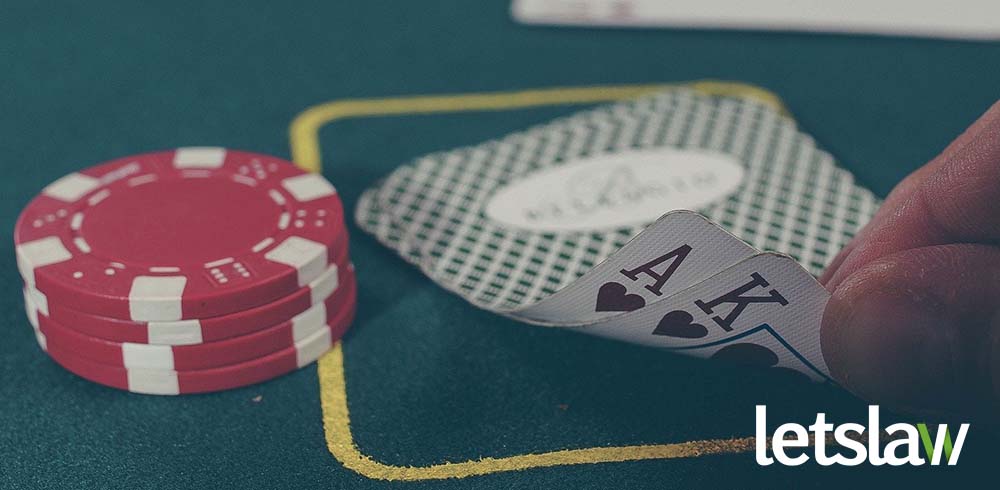
Gambling: What is it and how it is regulated?
Gambling, or regulated game, in Spanish refers to all ‘’activity in which amounts of money or economically assessable objects are risked in any way on future and uncertain results, depending to some extent on chance(..)’’, as it is set in article 3 of Law 13/2011, of May 27, regulated gambling (‘’ Gambling Law’’).
These types of activities are regulated in Spain in the Gambling Law which includes the different existing gambling modalities, as well as in Royal Decree 1613/2011 of November 14 in regard to technical requirements and Royal Decree 1614/2011 of November 14 in relation to requirements to carry out the activity.
At the regional level, there are also specific regulations in Madrid, Catalonia or Asturias that specifically regulate rules of gambling applicable in these territories.
What is gambling?
Gambling is considered to be any gaming activity in which money or other economically assessable objects are wagered with the aim of obtaining a profit on the part of the participants, either by their skills or as the result of chance.
The Gambling Law deals with all gambling categories that are considered as regulated and indicates that any type of gambling that is not included in the Law must be considered unlawful.
Regulated gambling modalities include sports, horse betting, cross-betting, lottery (reserved by law to the State Lottery, Betting Society and ONCE), slot machines, black Jack, bingo, contests, raffles, point and bank, poker, roulette, casual play and complementary games.
Likewise, the Gambling Law itself excludes from its regulation random combinations for advertising purpose (promotional draws), pure leisure games or competitions which are developed at a public utility at the state level and gambling conducted by non-state electronic media.
How is gambling regulated in Spain?
The Gambling Law establishes the requirements that must be met for the gambling to be carried out legally in Spain.
The organization of occasional games requires, due to their legality in Spain, a license from the General Directorate for Gambling Regulation.
This requirement entails the need for a gambling operator to obtain a general license that allows it to use the permitted game modes and a single license that allows its holder to use a specific regulated gambling modality.
In this sense, only the gambling operators who have a general license may request a single license.
Obtaining these licenses requires the fulfilment of a number of legal, technical and economical requirements and entails the fulfilment of a series of obligations by gaming operators.
How it looks in the Europe?
The regulation of gambling at the European level varies depending on each country. For example, Germany has one of the strictest regulations in Europe. There, only sports betting and lotteries and allowed.
Traditionally, Italy has been a much more attractive market for the operators. It currently has a licensing model similar to the one in Spain and has implemented strict regulations against the possibility of money laundering.
For its part, countries like Latvia have banned gambling advertising.
Gambling is not regulated at the European level, each state member has its own internal regulation on this matter.
Letslaw
Letslaw has a highly specialized team of lawyers advising companies and individuals on gambling, contests and raffles.

Letslaw es una firma de abogados internacionales especializada en el derecho de los negocios.







